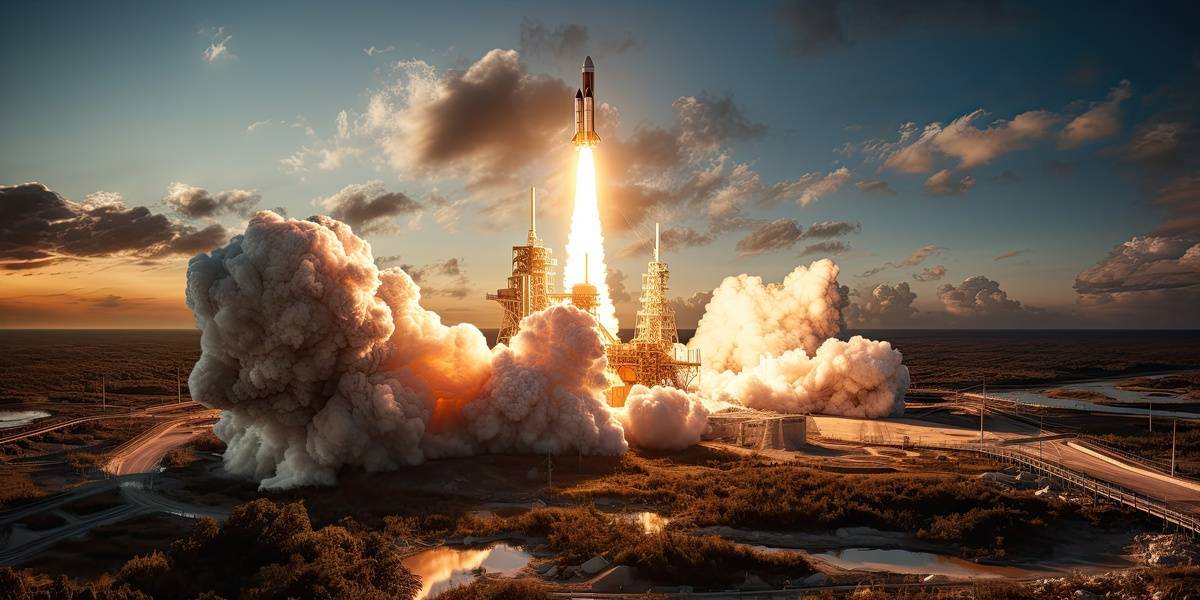
Top Innovators Earn $1.25 Million in NASA’s Deep Space Food Challenge
- foodfightadmin
- August 19, 2024
- Climate Change, Global Hunger
- adlps, ads pages
- 0 Comments
In a bid to revolutionize food production for future space missions, NASA has awarded a total of $1.25 million to three innovative teams at the finale of the Deep Space Food Challenge. The competition, which seeks to address the unique challenges of feeding astronauts on long-duration space missions, attracted cutting-edge solutions that could also have profound implications for food systems on Earth.
Launched in 2021 in collaboration with the Canadian Space Agency (CSA), the Deep Space Food Challenge has drawn participation from over 300 teams across 32 countries, marking it as a global initiative with far-reaching implications. The challenge was conceived to address the need for sustainable food systems capable of functioning in the extreme environments of space. Angela Herblet, challenge manager for the Deep Space Food Challenge at NASA’s Marshall Space Flight Center in Huntsville, Alabama, underscored the broader impact of the competition: “The Deep Space Food Challenge could serve as the framework for providing astronauts with healthy and delicious food using sustainable mechanisms. The challenge has brought together innovative and driven individuals from around the world who are passionate about creating new solutions that support our agency’s future Moon to Mars missions.”
The competition, managed by NASA’s Centennial Challenges at Marshall Space Flight Center, represents the first coordinated effort of its kind between NASA and the CSA. In its third and final phase, which commenced in September 2023, four American teams vied for the top honors. Each team received $50,000 to develop and refine their food production systems, which were subsequently tested during a two-month period at Ohio State University in Columbus, Ohio. This phase of the challenge, facilitated by the Methuselah Foundation in partnership with Ohio State, required the teams to construct full-scale food production systems capable of passing rigorous developmental milestones, including safety evaluations, sensory testing, palatability assessments, and harvesting efficiency. The teams’ efforts were supported by a group of Ohio State students, dubbed “Simunauts,” who managed the testing and demonstrations.
The Deep Space Food Challenge culminated in a two-day symposium at the Nationwide and Ohio Farm Bureau 4-H Center, where attendees, including experts from NASA, government, industry, and academia, had the opportunity to witness demonstrations of the food systems and engage with the finalists. The event concluded with an awards ceremony, where the winners were announced.
Interstellar Lab of Merritt Island, Florida, led by Barbara Belvisi, emerged as the grand prize winner, securing $750,000 for its innovative food production system. The team’s technology integrates autonomous phytotrons and environment-controlled greenhouses to create a self-sustaining mechanism capable of generating fresh vegetables, microgreens, and insects—essential sources of micronutrients. This system is poised to support the nutritional needs of astronauts on long-duration missions, providing a continuous supply of fresh food in space.
The two runners-up, Nolux of Riverside, California, and SATED of Boulder, Colorado, each received $250,000 in recognition of their groundbreaking contributions. Nolux, a university team led by Robert Jinkerson, developed an artificial photosynthetic system capable of producing plant and fungal-based foods without relying on biological photosynthesis—a critical innovation for food production in environments where sunlight is scarce. SATED, an acronym for Safe Appliance, Tidy, Efficient & Delicious, is the brainchild of Jim Sears, who created a versatile food production system that can produce dishes ranging from pizza to peach cobbler, using long-shelf-life and in-situ grown ingredients. This system, which is also fire-safe, impressed the judges with its adaptability and efficiency.
NASA also recognized one international team, Solar Foods of Lappeenranta, Finland, as a Phase 3 winner. Solar Foods developed a food production system based on gas fermentation, utilizing single-cell protein production to create sustainable food sources. In a parallel challenge run by CSA and Impact Canada, the grand prize winner, Ecoation, a Vancouver-based small business specializing in greenhouse technologies, was announced in April 2024.
The Deep Space Food Symposium also featured a special appearance by celebrity chef and cookbook author Tyler Florence, who evaluated the finalists’ food systems. Florence presented the “Tyler Florence Award for Culinary Innovation” to Team SATED of Boulder, Colorado, in recognition of their innovative approach to creating customizable, shelf-stable meals for space missions.
Amy Kaminski, program executive for NASA’s Prizes, Challenges, and Crowdsourcing at NASA Headquarters in Washington, praised the finalists for their dedication and ingenuity: “Congratulations to the winners and all the finalist teams for their many years dedicated to innovating solutions for the Deep Space Food Challenge. These food production technologies could change the future of food accessibility on other worlds and our home planet.”
The Deep Space Food Challenge, a coordinated effort between NASA and CSA, was supported by subject matter experts from NASA’s Johnson Space Center in Houston and Kennedy Space Center in Florida. The challenge is part of NASA’s Centennial Challenges, which fall under the Space Technology Mission Directorate and are managed at Marshall Space Flight Center. The Methuselah Foundation, in partnership with NASA, oversaw both U.S. and international competitors, ensuring that these groundbreaking innovations have the potential to shape the future of food production in space and address food security challenges on Earth.








